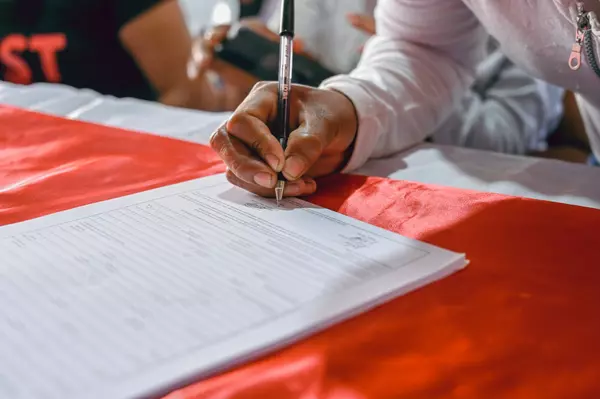Trading Properties: A Unique Path in Real Estate

In the realm of real estate, traditional property transactions typically involve buying and selling with cash or financing. However, there exists a less conventional yet fascinating avenue: property trading. Trading properties, though less common, can be a creative and mutually beneficial way for property owners to exchange their assets. In this blog post, we will explore the concept of property trading, its advantages, potential challenges, and how to get started.
Understanding Property Trading
Property trading, often referred to as a property swap, is the process of two property owners exchanging their respective real estate assets. The primary goal is to meet the unique needs and desires of each party, such as location, size, or property type, without the need for traditional buying or selling. While it may not be as prevalent as other real estate transactions, property trading offers several compelling advantages.
Advantages of Property Trading
1. **Solving Specific Needs:** Property trading allows individuals with unique requirements, such as a desire for a different location or property type, to find a mutually beneficial solution without the constraints of the traditional market.
2. **Cost Savings:** Property trading can eliminate various expenses, some closing costs, and financing fees, which are common in traditional property transactions.
3. **Efficiency:** Property trading can be a quicker process than selling a property through traditional methods. Both parties can bypass the extended listing, marketing, and closing phases.
4. **Customization:** The negotiation process in property trading can be highly customized to suit the specific needs and preferences of both parties. This allows for a more tailored agreement.
Challenges in Property Trading
While property trading offers numerous advantages, it is not without its challenges. Here are some considerations:
1. **Finding a Suitable Partner:** The success of a property trade depends on finding someone willing to exchange properties, and whose property aligns with your desires.
2. **Property Valuation:** Determining the fair market value of both properties is crucial to creating an equitable trade. This may require appraisals or professional assessments.
3. **Legal and Financial Considerations:** Property trades involve complex legal and financial considerations. Consultation with real estate professionals and legal advisors is essential to navigate potential complications.
How to Get Started with Property Trading
1. **Define Your Objectives:** Clearly outline your goals and what you hope to achieve through property trading. Understand your needs, preferences, and deal-breakers.
2. **Market Your Property:** To find a suitable trading partner, consider listing your property on online real estate platforms, social media, or even within your personal network.
3. **Seek Professional Guidance:** Consult with a real estate advisor, attorney, or appraiser to help you navigate the intricacies of property trading.
4. **Negotiate and Draft a Contract:** Once you find a potential partner, negotiate terms, conduct due diligence, and draft a comprehensive contract outlining all the specifics of the trade.
5. **Perform Property Inspections:** It's crucial to inspect each other's properties thoroughly to ensure they meet your expectations and requirements.
Conclusion
Property trading may not be the most common method of property acquisition, but it offers a unique and creative way for property owners to meet their specific needs and preferences. By understanding the advantages and challenges involved in property trading and seeking professional guidance, you can explore this intriguing avenue in the world of real estate and potentially find a mutually beneficial exchange that suits both parties.
Categories
Recent Posts










